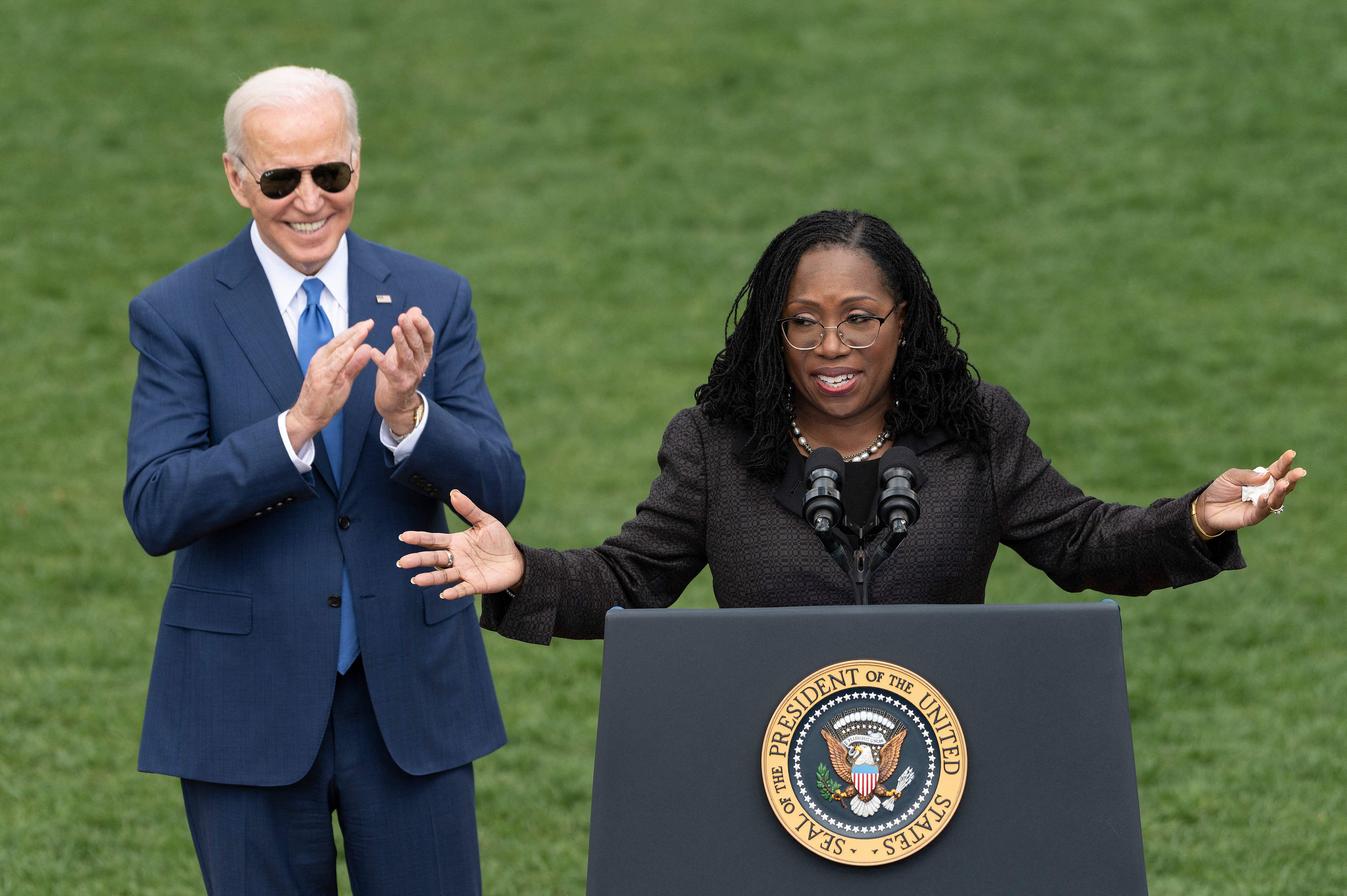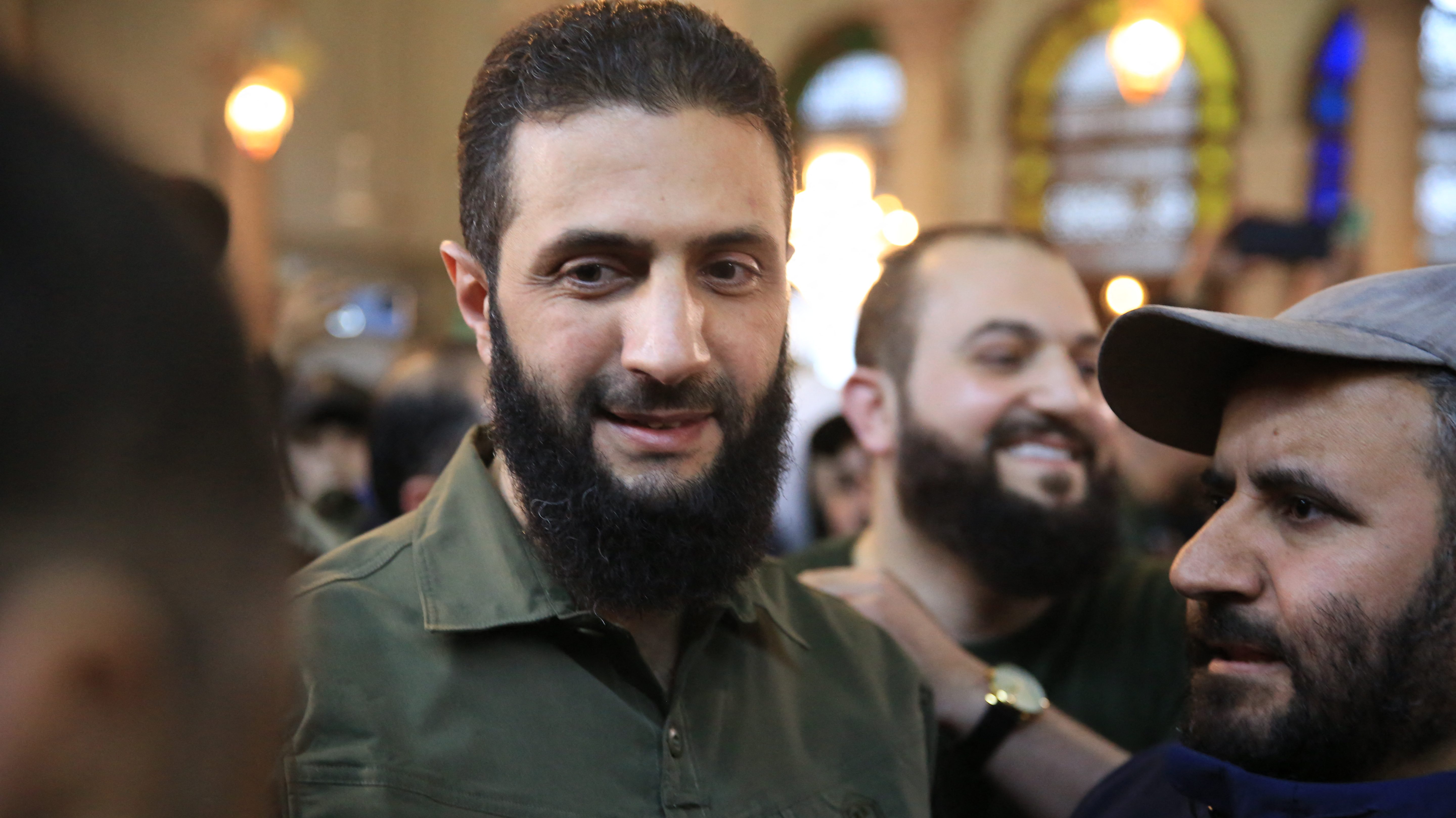
A woman was arrested in Iran after she posted a video of herself singing without a hijab on YouTube, even though the Iranian parliament passed a new, stricter law on women's modesty that rights groups have criticized.
Parastoo Ahmadi posted a 27-minute video of her concert performance Wednesday, in which she sang in a sleeveless dress with her hair down accompanied by four male musicians. In the caption, she described it as an "imaginary concert" and invited the audience to "imagine this beautiful homeland" in Iran.
The performance was recorded in a caravanserai, the name for the roadside inns historically built along the Silk Road to provide merchants and travelers with places to rest as they trekked the ancient trade route spanning North Africa to Central Asia. Ahmadi wrote that it was "where history and our myths intertwine."
"I am Parastoo, a girl who wants to sing for the people I love," the caption said. "This is a right I could not ignore; singing for the land I love passionately."
Get top local stories in Philly delivered to you every morning. >Sign up for NBC Philadelphia's News Headlines newsletter.
Milad Panahipour, an Iranian lawyer, told The Associated Press that Ahmadi was arrested Saturday over the performance. He said he was unaware of the charges, the arresting agency or the location of her detention.
Iran's judiciary confirmed that a case has been opened into Ahmadi's performance but did not specify the charges. The statement, released by the state-run Mehr News Agency, also said Ahmadi was released after an interview with authorities.
"The Mazandaran Police Information Center announced that Ms. Parastoo Ahmadi attended a briefing session after posting a video deemed contrary to cultural norms and values," the agency said. "She has been asked to appear before judicial authorities."
U.S. & World
Stories that affect your life across the U.S. and around the world.
The Hengaw Organization for Human Rights, a Norway-based organization, said it got a report that two of the men performing with her — Sohail Faghih-Nassiri and Ehsan Beyraghdar — were also arrested.
Iran's hijab laws tighten
The hard-line regimes that have reigned since Iran's 1979 Islamic Revolution have passed laws saying women must be veiled in the presence of men, though women have resisted the rules both domestically and abroad.
Conflict over the issue drew international outrage once again in 2022 when a young woman named Mahsa Amini, 22, was arrested outside a subway station in Tehran and accused of failing to properly wear a hijab. She was dead just three days later.
Iran's government denied wrongdoing, claiming that Amini died of pre-existing medical conditions. Human rights groups, however, have cast doubt on that, and a United Nations fact-finding mission asserted she was killed “as a result of beatings” by Iranian authorities.
Her death drew rage throughout Iran, drawing women out to protest in droves despite violent crackdowns by authorities.
The authorities who enforce the modesty laws, often called the morality police, have eased public confrontations with women over veiling since President Masoud Pezeshkian was elected this year. Pezeshkian campaigned as a reformist who opposed such types of morality police patrols.
But enforcement has not stopped altogether, according to locals who have said the police are now instructed to issue warnings rather than take immediate action. So-called anti-unveiling clinics have also been established, where women are encouraged to follow the hijab laws through "therapy."
Despite Pezeshkian's reformist approach, the parliament pushed even harsher laws about women's veiling this year.
The Hijab and Chastity Law was originally submitted by former President Ebrahim Raisi, who died in May, and it was ultimately passed in September, according to Human Rights Watch. Enforcement will go into effect for a three-year trial period, which the rights organization said will dramatically increase the punishments for women who do not comply.
The new law extends the enforcement into online spaces, increases fines for violations depending on frequency, institutes a travel ban for offenders and includes long-term imprisonment as punishment, Human Rights Watch reported. Fines alone could be detrimental for many Iranians as the country's economy has struggled under the weight of years of sanctions and regional conflict.
The U.N. Human Rights Council's experts on Friday called for the law to be repealed, describing it as a "comprehensive system of gender-based persecution."
Pezeshkian himself criticized the law this month as difficult to enforce in both a statement on X and an interview on state television.
“We should not do anything that disrupts the unity and solidarity of society,” Pezeshkian said. “We need to have dialogue and engage in discussions about this issue.”
This article first appeared on NBCNews.com. Read more from NBC News here:



